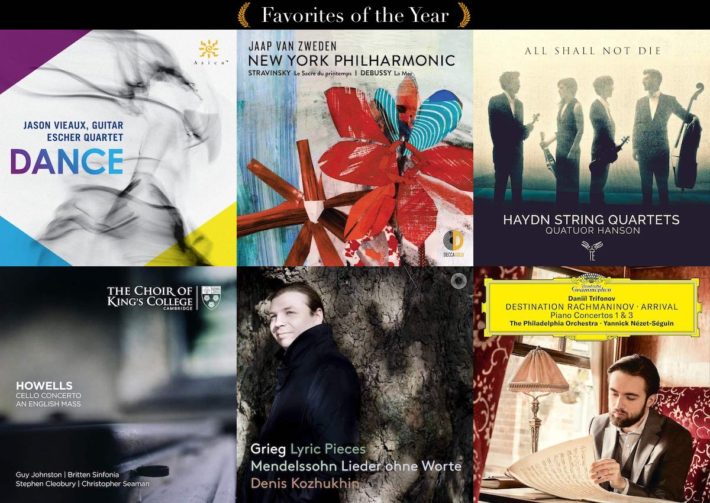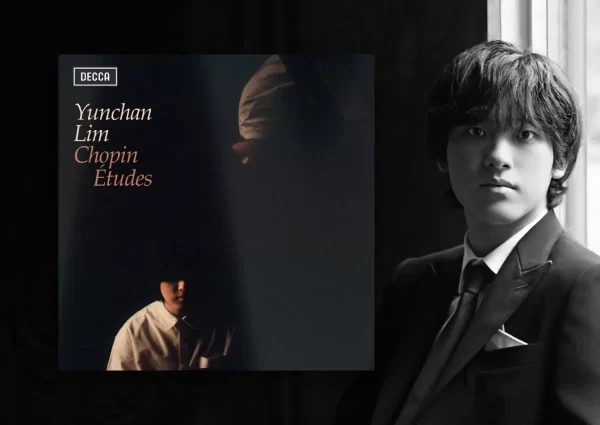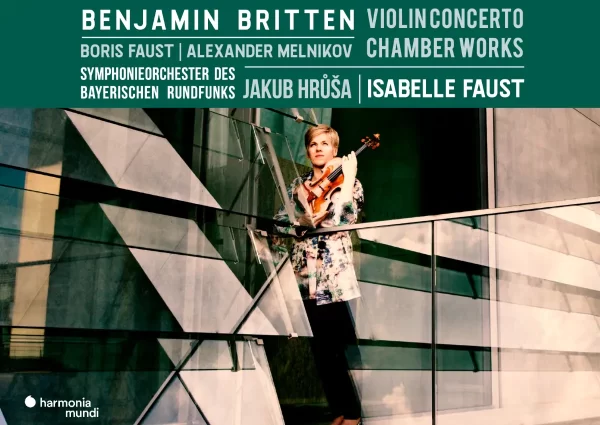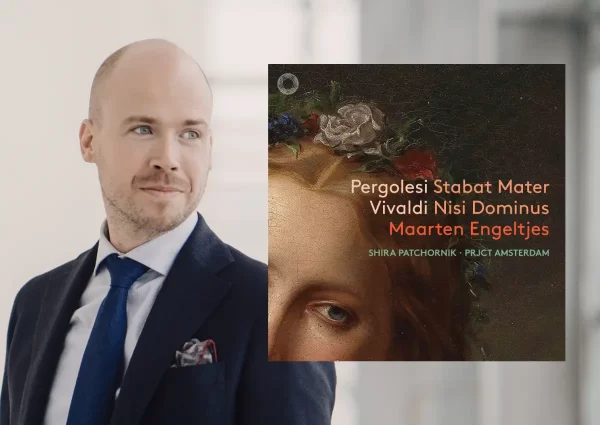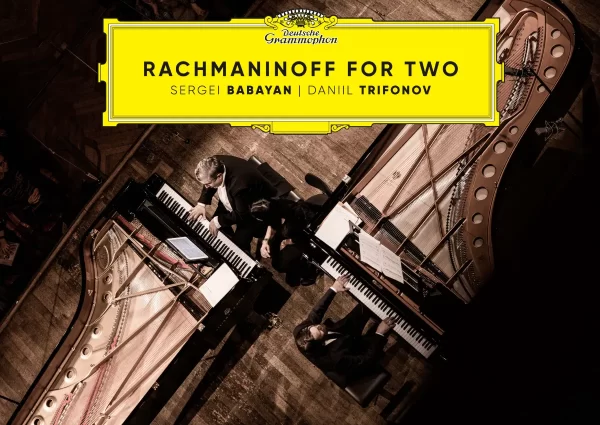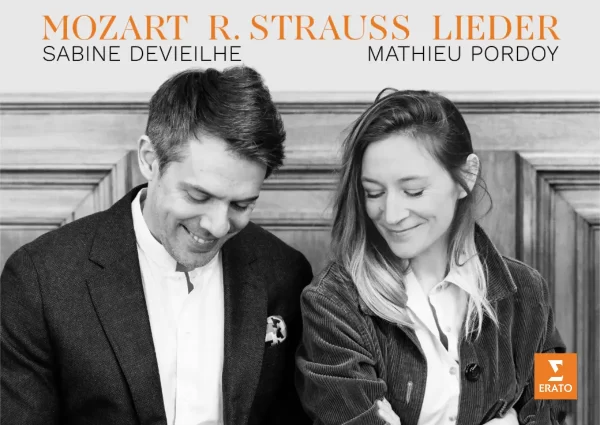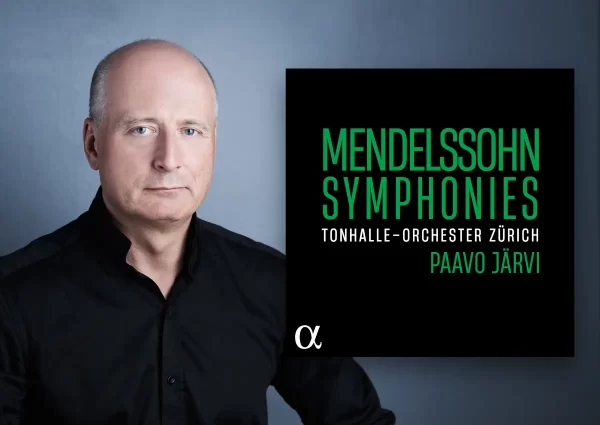We go over a lot of classical music albums every week, so when 2019 comes to an end it’s time for members of The Classic Review staff to pick their favorite albums of the year. And so, a moment before we start providing you with fresh new content for 2020, here are the albums that each writer or staff member most liked in 2019.
View and purchase all of our picks in our dedicated Amazon Store
Tal Agam – “Dance” – Jason Vieaux & Escher String Quartet
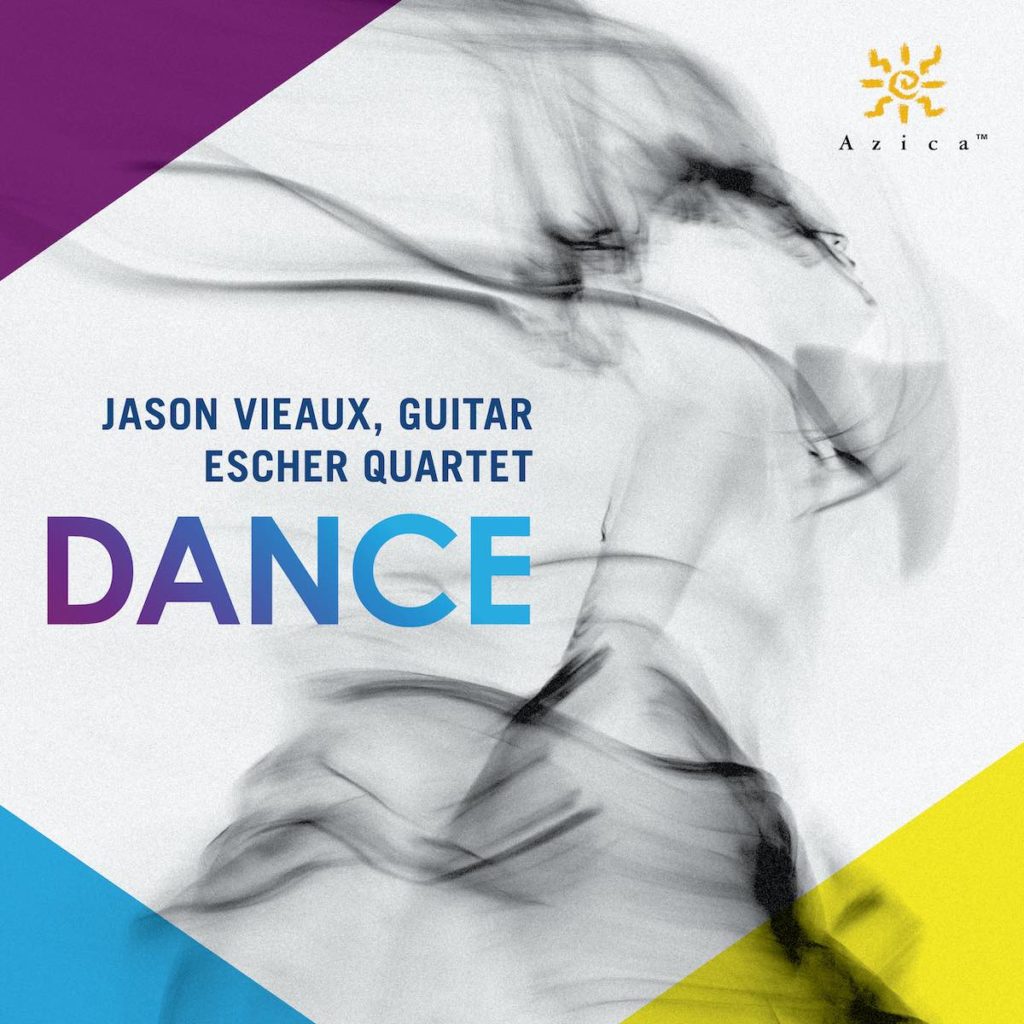
It’s been a good year for classical music recordings, especially to smaller and independent labels. With the major labels releasing more and more Beethoven performances, marking his 250 birth year, the smaller players in the classical music industry excelled not only in performance and recording quality, but also in choosing new, often challenging repertoire and intriguing programs. One such release was “Dance”, by guitarist Jason Vieaux and the Escher String Quartet. With a program which includes Twentieth Century, Contemporary and Baroque music, there scarcely been a week without this album playing in my sound system. There might have been more spectacular recordings in 2019 (Ivan Fischer’s Mahler’s 7th is a good candidate), but this release, more than others this year, just made me happy to be alive and listen to music. A mark of a truly great album.
Tania Grinberg – Stravinsky’s The Rite of Spring, Debussy’s La Mer – New York Philharmonic, Jaap van Zweden
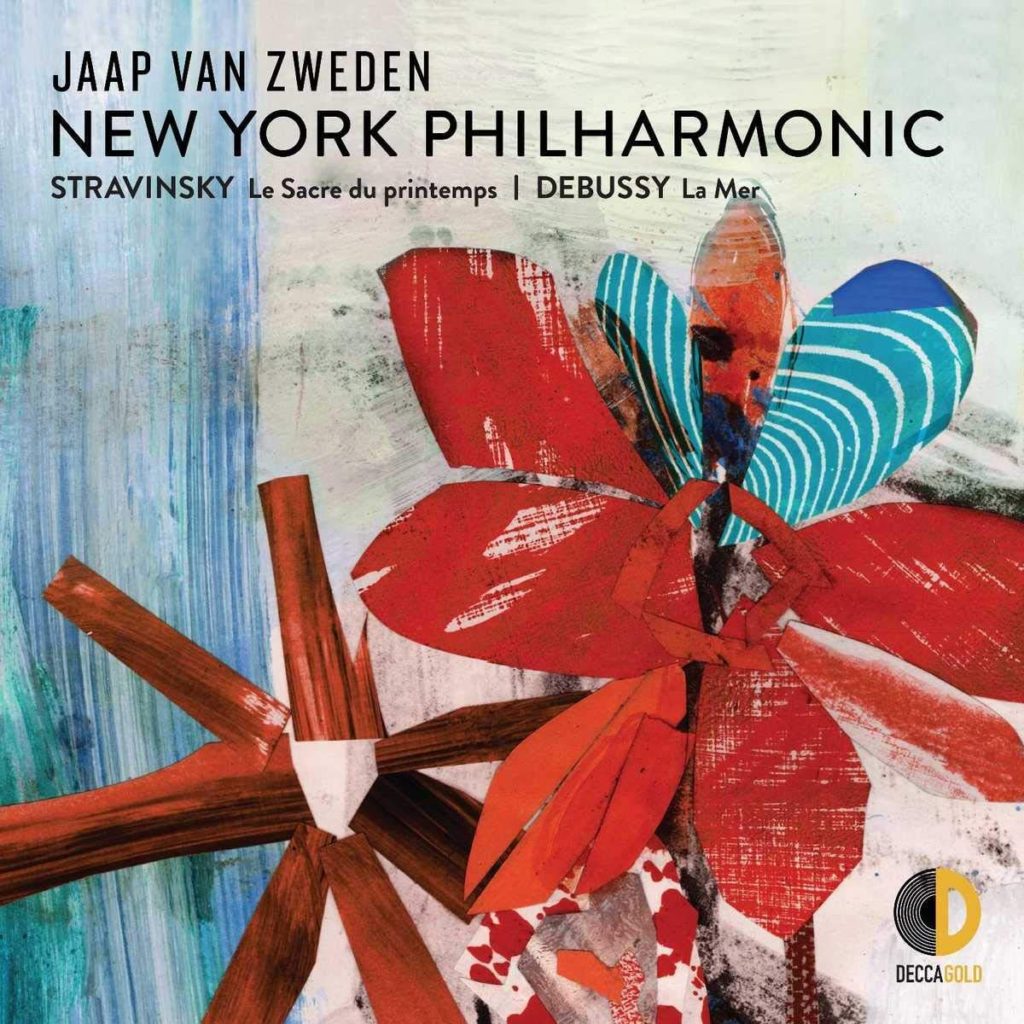
As a programmer, I don’t listen to new classical music albums as attentively as other members of The Classic Review, who need to put down a written review. I listen to music for concentration, for relaxation and, needless to say, for enjoyment. But once in a while, a recording makes me literally drop everything and listen up, as in this new album by the New York Philharmonic and Jaap van Zweden. Under their hands, Le Sacre du Printemps (“The Rite of Spring”) sounds as outrageously modern as it did when it caused such a commotion in its 1913 premiere. Debussy’s La Mer is also wonderful, making this program stay in my playlist more than other recordings this year.
Leighton Jones – “All Shall Not Die” – Quatuor Hanson Play Haydn
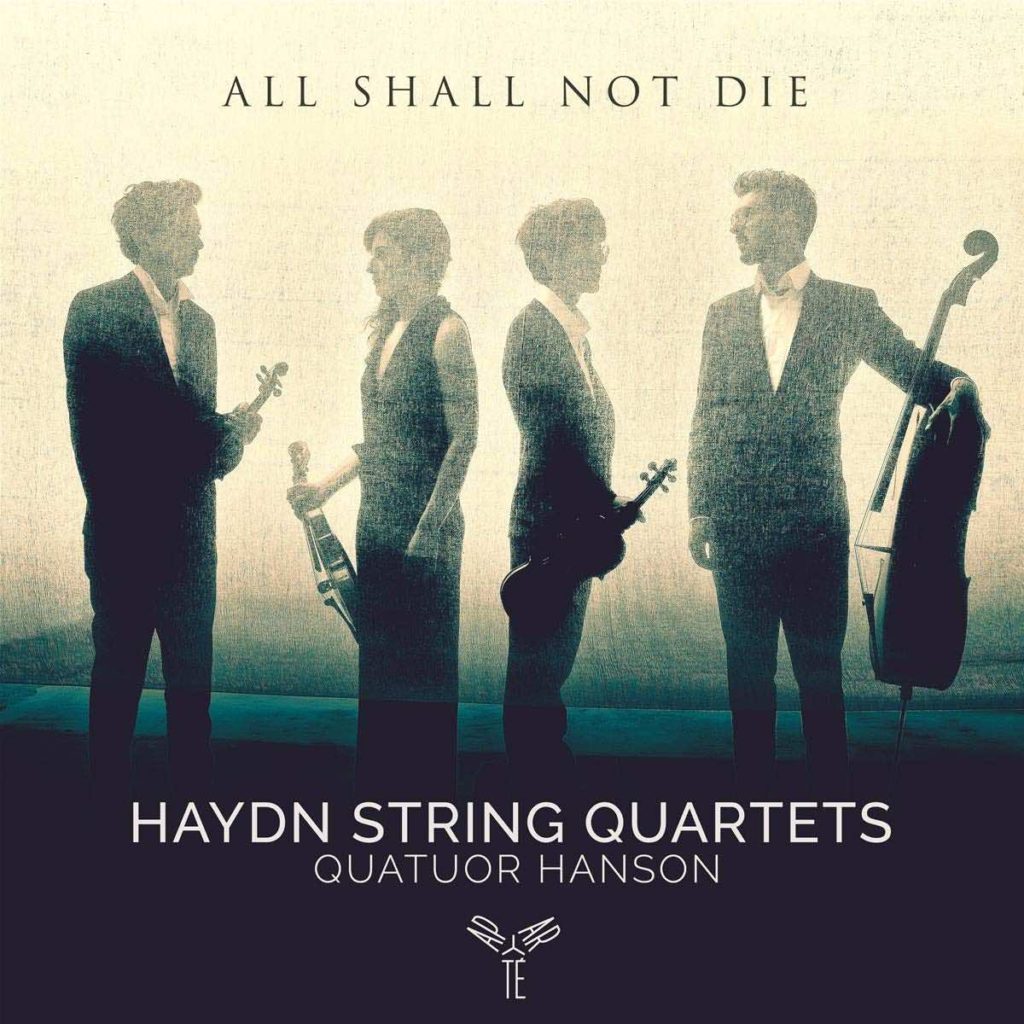
Quatuor Hanson programmed a remarkable selection of Haydn quartets on an album entitled “All Shall Not Die” — a translation from Latin of “non omnis moriar”, a quotation from the composer’s tombstone. Their knowledge of the composer is astounding, bringing a creatively programmed album of works across Haydn’s œuvre, from its humble beginnings to the matured composer that paves the way for Beethoven and beyond. Quatuor Hanson bring a revolutionary approach to this music, playing on modern instruments with period techniques and creating a remarkable sound, amplified by strong musical bonds between the musicians. The group’s tone is bright, but rich. Tempos are buoyant while sounding natural, and phrasing shaped with poise. They make this music sound fresh, vibrant and an absolute pleasure. Aparté’s engineers created a remarkably balanced recording, capturing their performances sympathetically. This release must go down as one of the most remarkable of 2019, setting a high benchmark for any quartets to follow.
David McConnell – Howells – Cello Concerto, An English Mass – Johnston, Cleobury
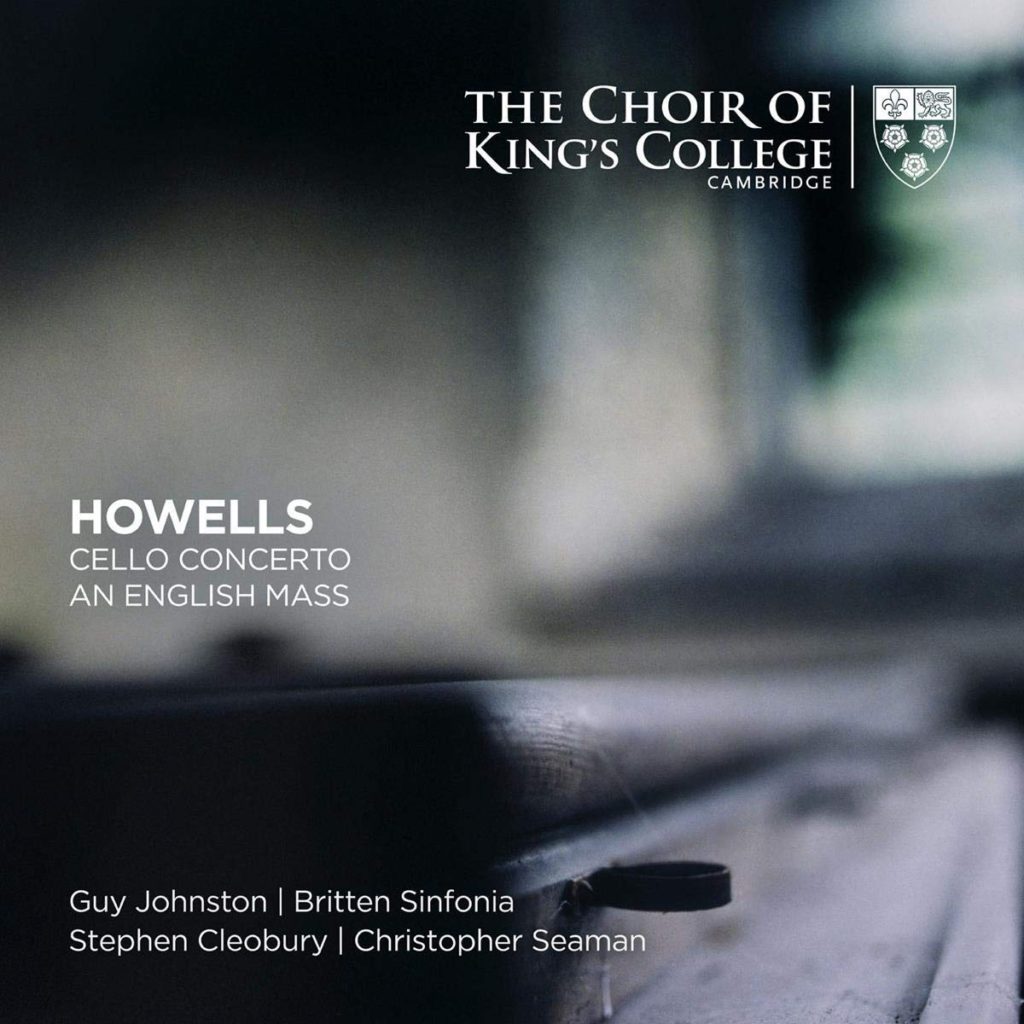
Several recordings this year have remained in my CD player for an extended time, but none more so than this one. Choosing this album is made more poignant because of Cleobury’s recent passing, but I cannot imagine a more meaningful or timely tribute to his life’s work at King’s. Featuring established masterpieces and lesser-known works, these are performances of great beauty and passionate conviction. Howell’s often wrote his music for a particular room, but all of the music on this recording sounds like it was meant for the King’s College Chapel. The Howell’s Te Deum comes with a fabulous new orchestration by John Rutter, and the organ, having recently been refurbished, has never sounded better. This is life-affirming music, and the recording is a profoundly wonderful way to remember and celebrate Cleobury as organist, conductor and teacher.
Jonah Pearl – Denis Kozhukhin Plays Grieg and Mendelssohn
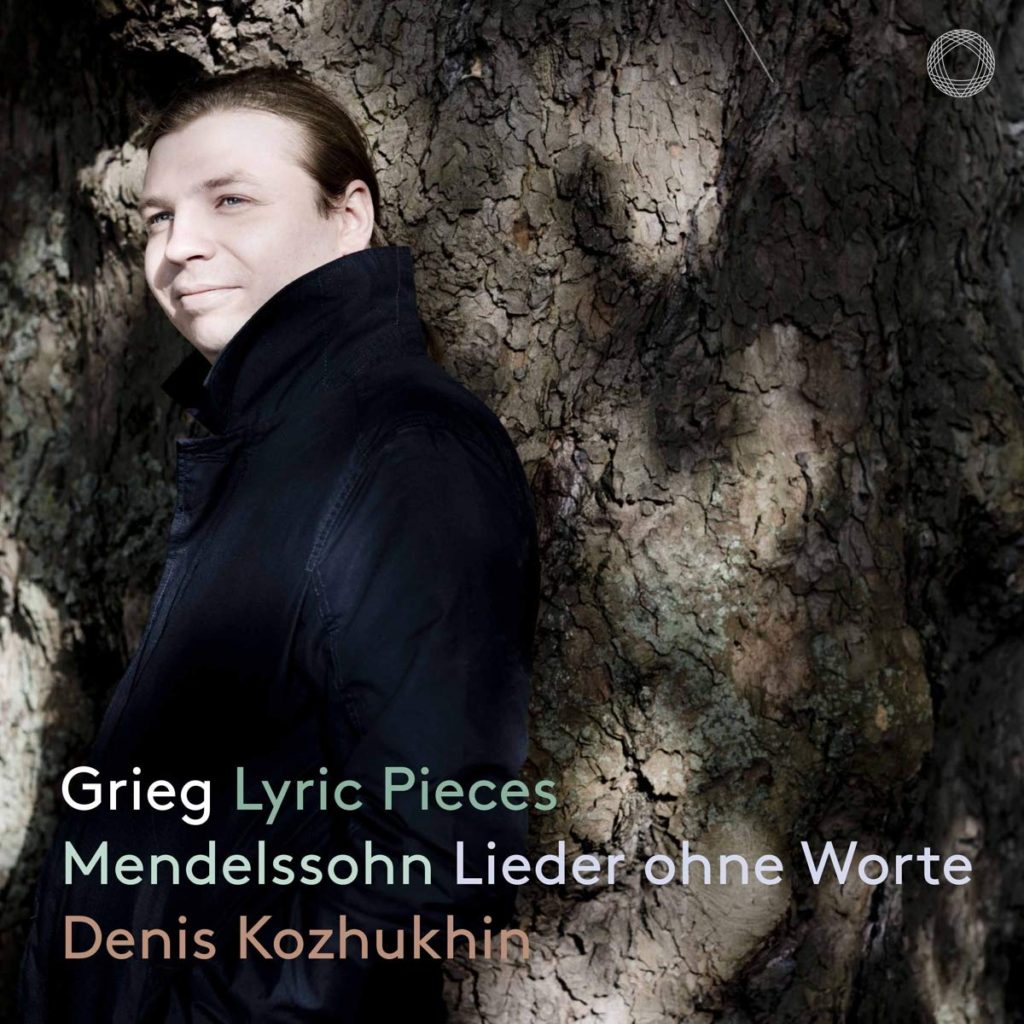
Coming from orchestral and choral backgrounds, I sometimes struggle to appreciate piano music — it can become sonically monotonous. With Denis Kozhukhin, though, I’m entranced. On this album, Kozhukhin generates entire choirs and orchestras-worth of sounds, without losing the intimate touch of a piano recital. Listen to the horns and winds trade calls in the hunter’s song, and the heavenly sprinkling of arpeggios at the end (track 3); or to the full strings in the funeral march and the delicate, final pianissimo that no orchestra could ever hope to achieve (track 9). In these Songs Without Words, Kozhukhin achieves a masterful balance of lyricism and pulse, giving nods to the song-like qualities in moments without compromising larger-scale considerations. The performance of Grieg’s Lyric Pieces is no less extraordinary, with minute attention to color and rubato throughout. The quicker March of the Trolls is dramatic without becoming aggressive, and the gorgeous maestosos in Wedding Day at Troldhaugen make me smile every time. This album has changed how I listen to piano music, and easily earns my pick for Album of the Year.
Azusa Ueno – “Destination Rachmaninov – Arrival” –
Daniil Trifonov
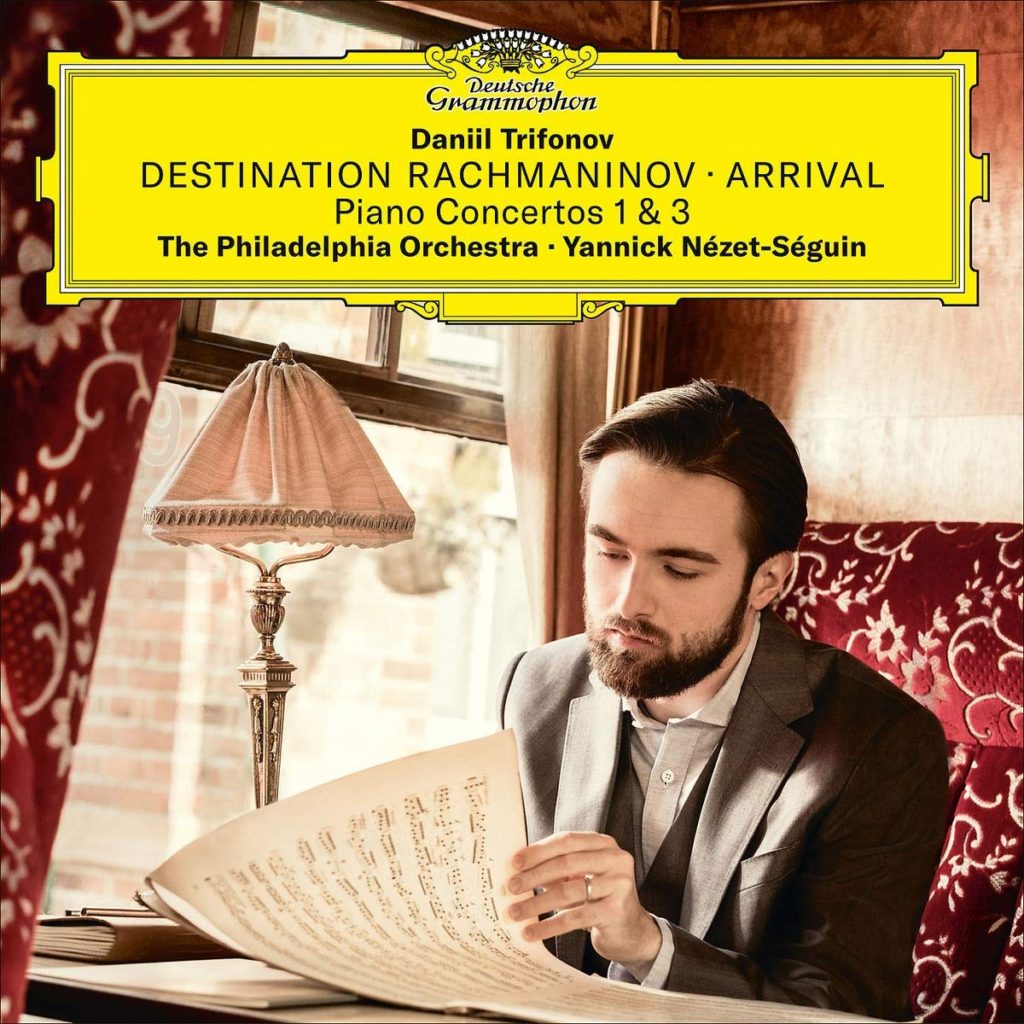
Of the albums released in 2019, Daniil Trifonov’s “Destination Rachmaninov – Arrival” is certainly one of the best and a must-listen for any Rachmaninov enthusiast. The concertos are favorites among pianists and listeners alike, yet it’s rare to hear a performance of Trifonov’s caliber, one that transcends a tremendous virtuosity to emphasize the musical and emotional complexities, as well as the distinct character, of each concerto. His interpretation of the First Concerto shows intricate clarity throughout and also, simultaneously, brings to life both passion and pathos. His Third uses both the power and lyricism of the instrument to bring to light the richness of Rachmaninov’s chromaticism and his refined romanticism. The Philadelphia Orchestra, led by Yannik Nézet-Séguin, complements Trifonov in a seamless partnership.
View and purchase all of our picks in our dedicated Amazon Store


